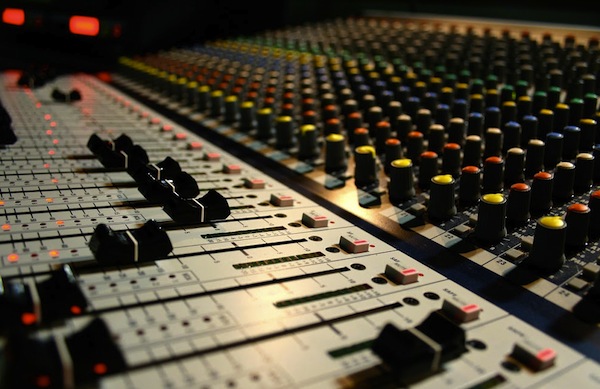GROUPON GUIDE TO LAS VEGAS
How Equalizers Make Las Vegas Concerts Sound Great
BY: Groupon Guide |Jul 7, 2015
BY:
Deals in Las Vegas

Trending
Raiding The Rock Vault (Through December 27)
3771 S Las Vegas Blvd, Las Vegas • 5.3 mi
35% discount_off
500+ bought
Raiding The Rock Vault

The Australian Bee Gees Show: A Tribute to the Bee Gees
3850 S Las Vegas Blvd., Las Vegas
25% discount_off
50+ bought
The Australian Bee Gees (Vegas)

Purple Reign: Prince Tribute Show
3663 S Las Vegas Blvd Suite 360, Las Vegas • 4.8 mi
50% discount_off
30+ bought
Purple Reign The Prince Tribute Show V Theater Las Vegas 2024
Deals in Las Vegas Other Deals in Las Vegas

Trending
Elton John and Billy Joel - Up to 54% Off
3663 South Las Vegas Boulevard, Las Vegas • 4.9 mi
50% discount_off
170+ bought
Piano Man: A Tribute to Elton John and Billy Joel at V Theater Planet Hollywood Las Vegas 2025

Trending
Bob Marley Hope Road - Up to 21% Off
3950 South Las Vegas Boulevard, Las Vegas
21% discount_off
170+ bought
Bob Marley Hope Road

Xavi: X-Tour – Up to 50% Off
4321 West Flamingo Road, Las Vegas
50% discount_off
40+ bought
Xavi: X-Tour


